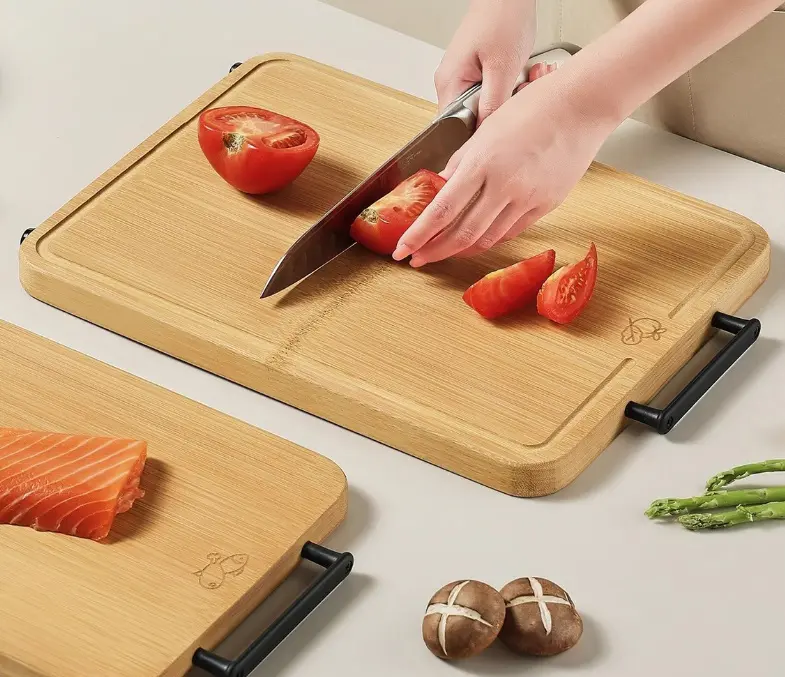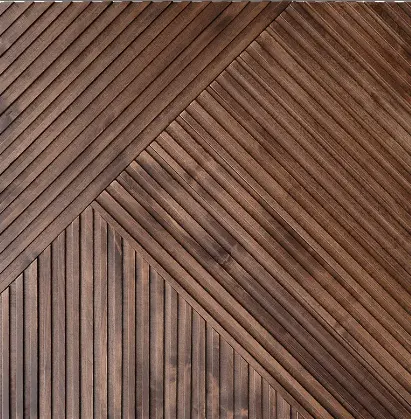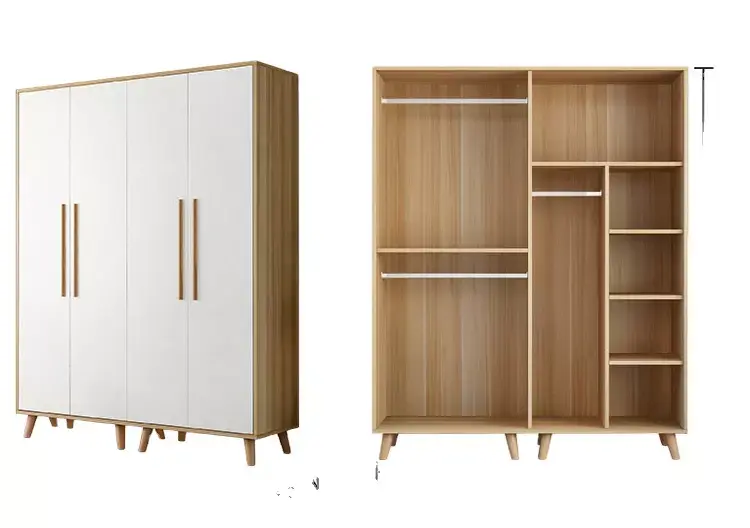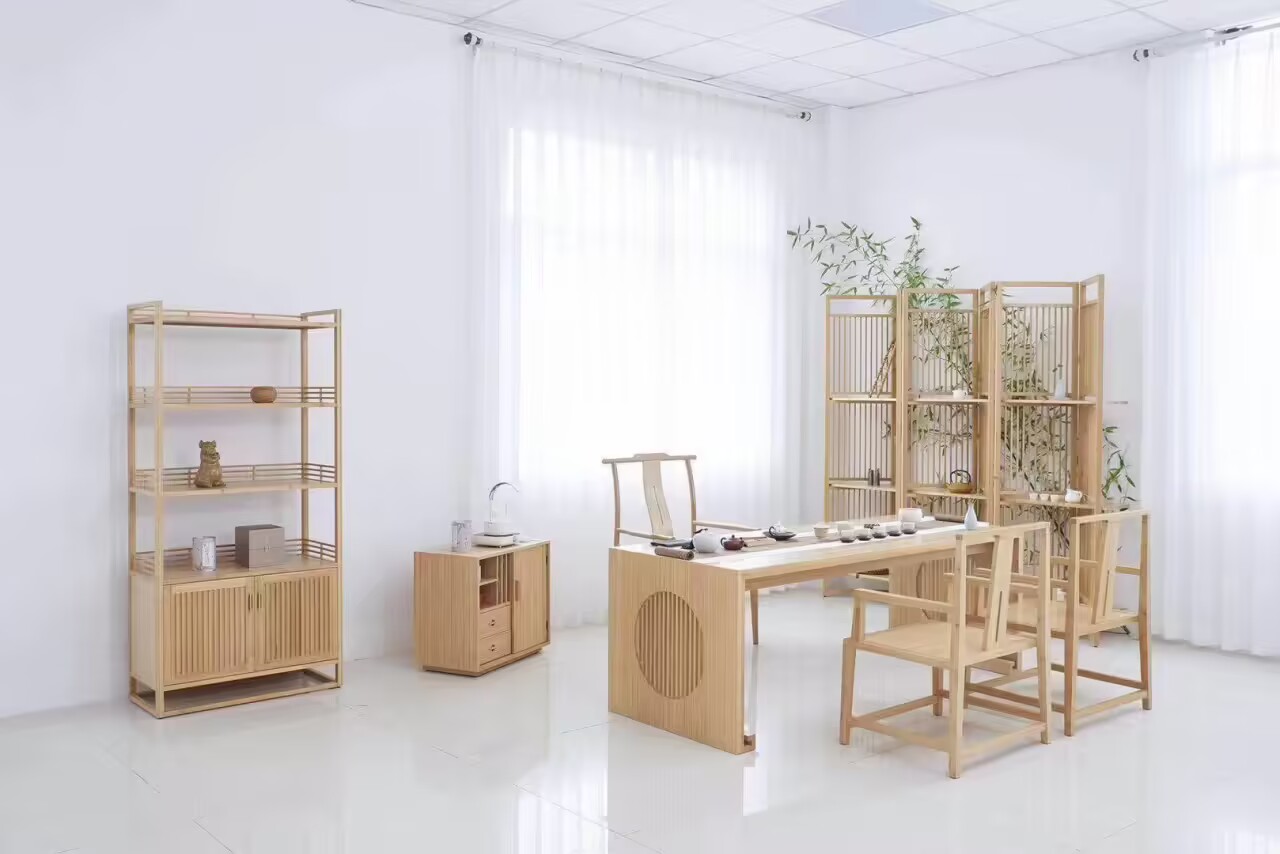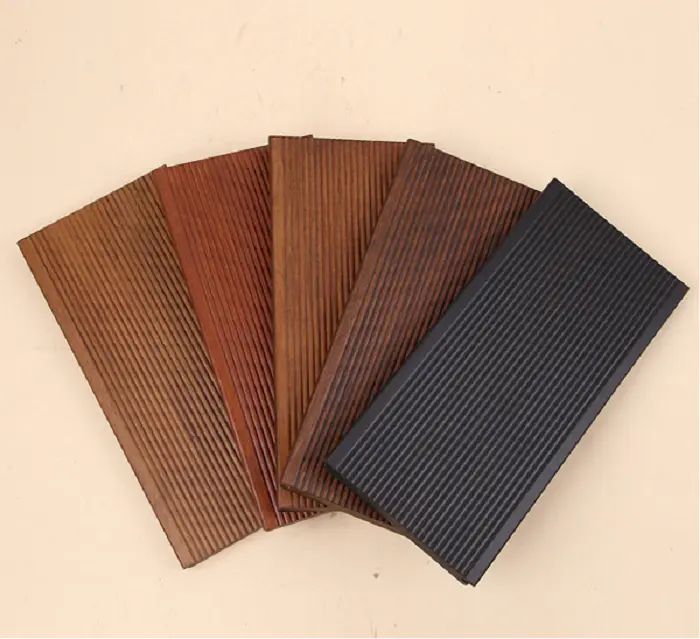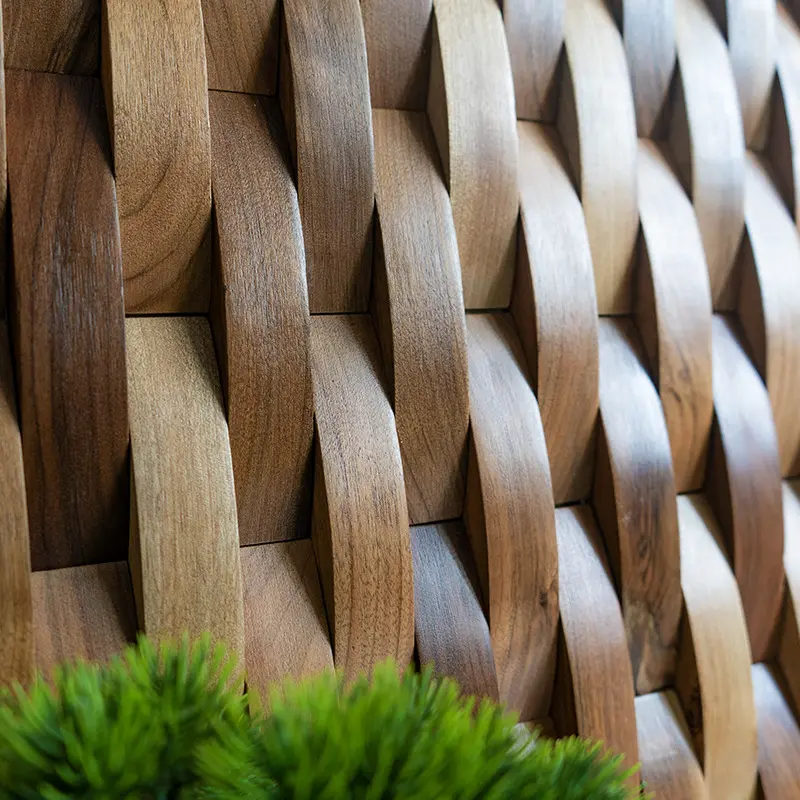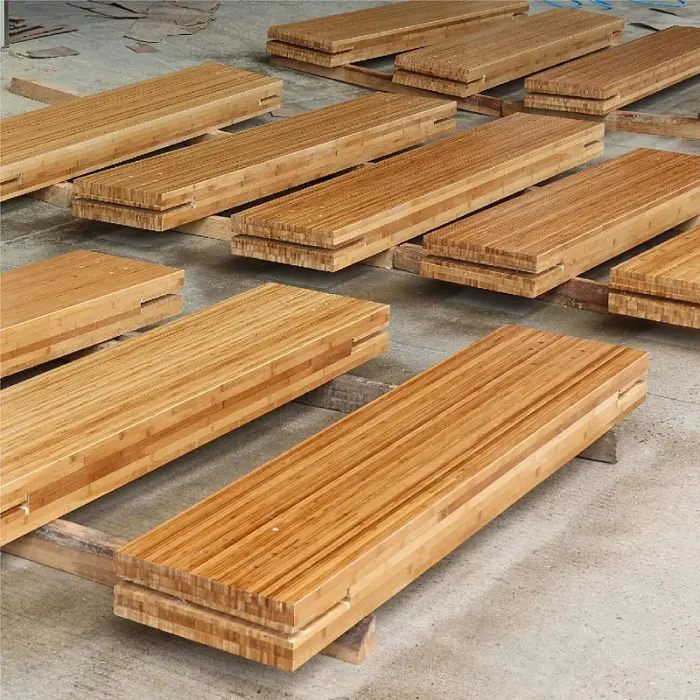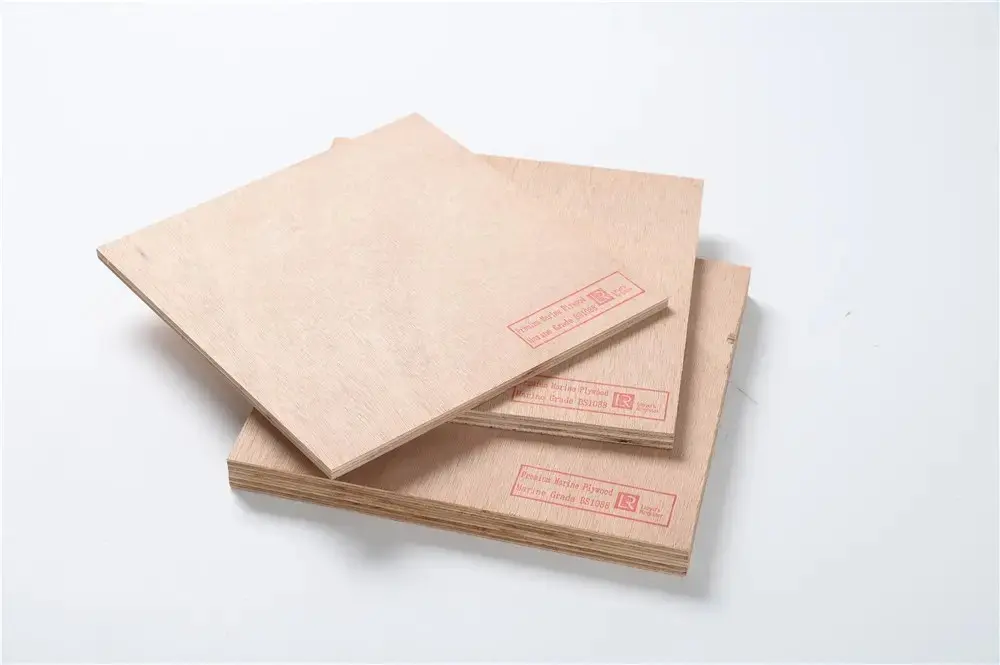Bamboo Cutting Boards: A Sustainable and Practical Choice
In the world of kitchen utensils, bamboo cutting boards have emerged as a popular and eco-friendly alternative to traditional wooden and plastic counterparts. Made from the fast-growing bamboo plant, these cutting boards offer a plethora of benefits that make them a top choice for both home cooks and professional chefs.
One of the primary advantages of bamboo cutting boards is their sustainability. Bamboo is one of the fastest-growing plants on Earth, capable of reaching maturity in just 3 to 5 years, compared to the decades it takes for traditional hardwoods to grow. This rapid growth rate means that bamboo can be harvested more frequently without causing significant damage to the environment. Additionally, bamboo is a renewable resource that requires minimal water and pesticides to grow, making it an environmentally friendly option.
In terms of durability, bamboo cutting boards are surprisingly strong and resistant to wear and tear. Despite their lightweight nature, bamboo boards are able to withstand the repeated impact of sharp knives without developing deep grooves or cracks. This is due to the dense, fibrous structure of bamboo, which provides excellent strength and stability. However, it's important to note that like any cutting board, bamboo boards will eventually show signs of wear over time. To prolong the lifespan of your bamboo board, it's recommended to avoid using it with overly sharp knives or heavy-duty kitchen tools.
Another benefit of bamboo cutting boards is their natural antibacterial properties. Bamboo contains a natural substance called "bamboo kun," which has been shown to inhibit the growth of bacteria, mold, and fungi. This makes bamboo boards a hygienic choice for food preparation, as it helps to reduce the risk of cross-contamination between different types of foods. Additionally, bamboo boards are easy to clean and maintain. Simply wash them with warm, soapy water and dry them thoroughly after each use. Avoid soaking your bamboo board in water for extended periods of time, as this can cause the wood to warp or crack.
When it comes to choosing a bamboo cutting board, there are several factors to consider. First and foremost, you'll want to choose a board that is large enough to accommodate your cooking needs. Bamboo boards come in a variety of sizes, from small, compact boards for light food preparation to large, heavy-duty boards for more extensive cooking. Additionally, you'll want to consider the thickness of the board. Thicker boards are generally more durable and less likely to warp or crack, but they may also be heavier and more difficult to handle. Finally, you'll want to choose a board that has been treated with food-safe finishes or oils to protect the wood and prevent it from drying out or cracking.
In conclusion, bamboo cutting boards are a sustainable, durable, and hygienic choice for anyone looking to upgrade their kitchen utensils. With their natural antibacterial properties, eco-friendly production process, and excellent strength and stability, bamboo boards offer a host of benefits that make them a top choice for both home cooks and professional chefs. So why not make the switch to bamboo today and enjoy the many advantages that these innovative cutting boards have to offer?
